World Languages
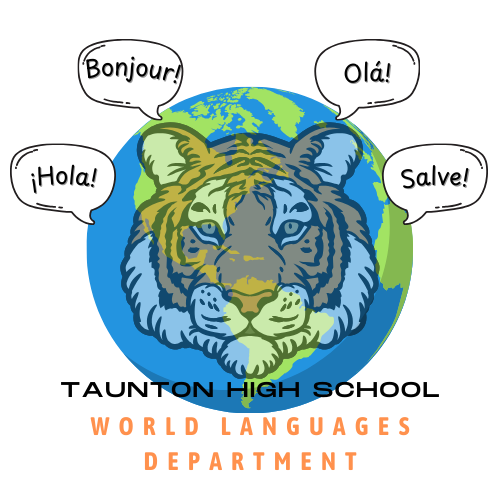
A Philosophy of World Languages: Why and how we teach language
Language is fundamental to almost every area of human activity. Language helps us better understand our communities, our own and other cultures, and ourselves. Learning languages, beyond their first, can improve our students’ lives in countless ways, aiding their chances for postsecondary success, broadening their economic opportunities, improving their cognitive abilities, and supporting higher academic achievement in other subjects. Language learning helps students build bridges to cultures beyond their own, increasing their empathy for other people, and ultimately giving them a broader perspective on the world and those who live in it. In an increasingly interconnected world, language and cultural proficiency have never been more vital. As such, we believe that all students can and should learn at least one other language in addition to English, and that learners should begin their world language study as young and early as possible.
Written and oral language, in both receptive and productive modes – speaking, listening, reading, and writing – are necessary aspects of a student’s education. Accordingly, we now recognize that acquiring a language is not a function of memorizing vocabulary lists and grammar charts, but rather of learning how to communicate the message and negotiate meaning effectively. For decades, students learned about language through practice-focused activities on language structures out of context. Now, students are learning to communicate language by using it in meaningful contexts. We acknowledge that proficiency-the idea of what students can actually do with language in real-world situations in spontaneous and non-rehearsed settings-is more important than accuracy.
To that end, we strive to ensure that students have an opportunity to interact with language as much as possible by delivering instruction in the target language and ensuring that students use the target language at least 90% of the time. Building on a foundation of proficiency, we introduce as many authentic resources as possible, intertwining original texts and cultural material created by native speakers for native speakers into thematically based units. We design realistic performance-based assessments anchored in the three modes of communication and culture. We approach our task inspired by the belief that acquiring additional languages makes our students stronger global citizens, our community richer, and the world more harmonious.
THS WORLD LANGUAGES STAFF
 |
 |
 Herbert Leonard
Spanish Teacher B301 |
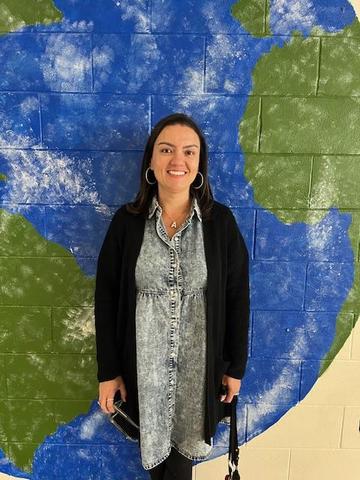 |
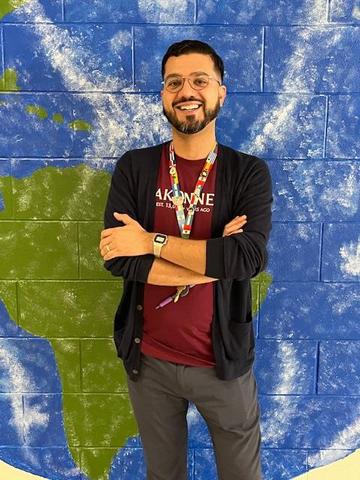 Raul Iriarte de Moore
Spanish/French Teacher B305 |
|
 |
 |
 |
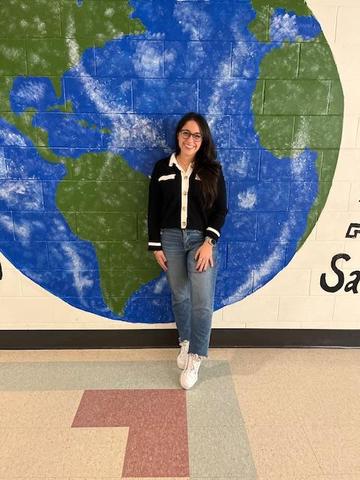 |
 |
 |
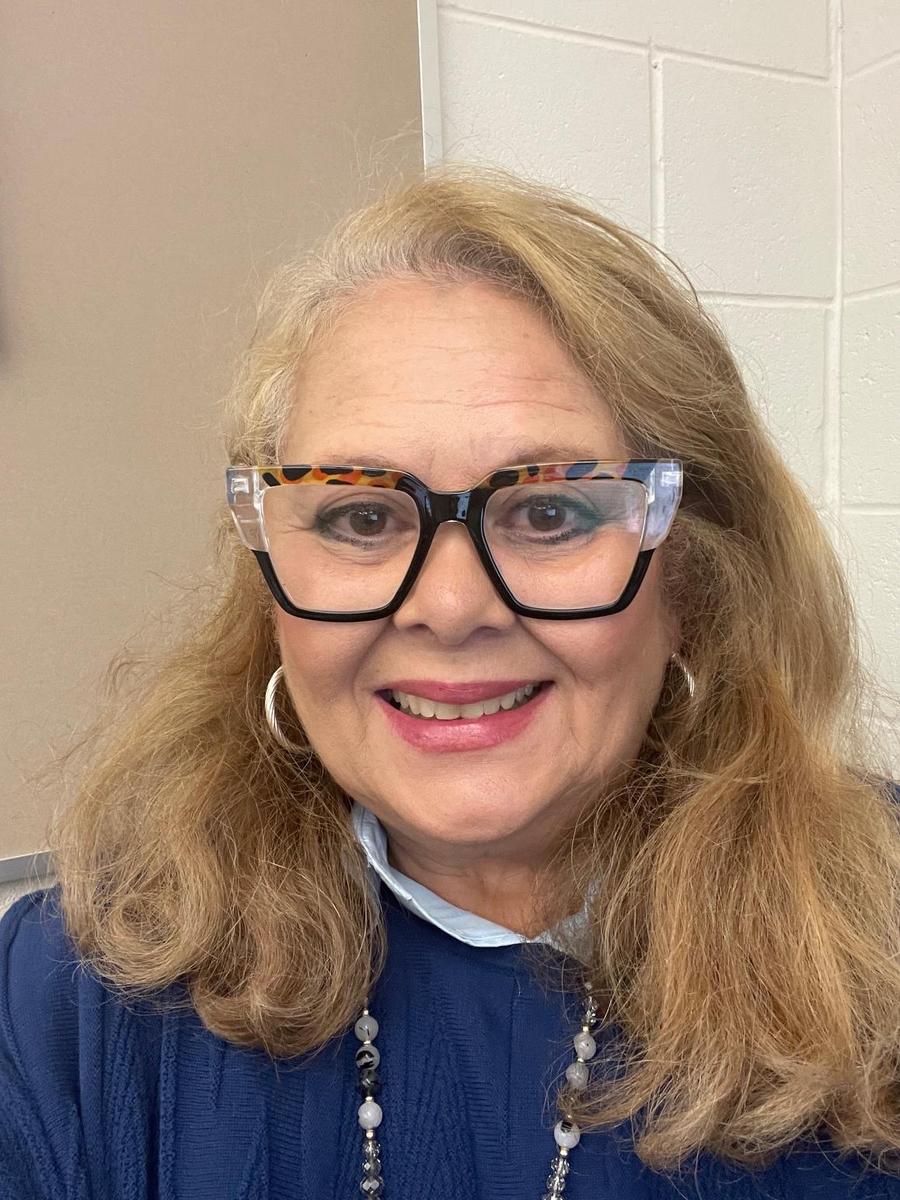 |
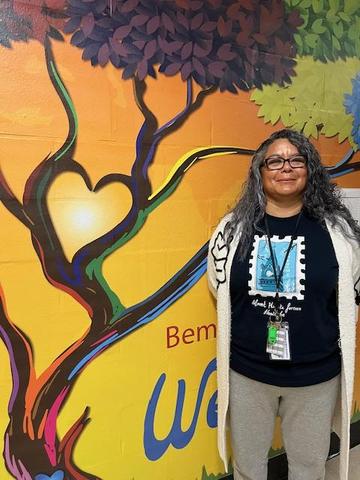 |
|
Helena Miranda
Portuguese Teacher B306 |
Evelyn Rodriguez
Spanish Teacher |
Interactive Learning Programs
(Various Languages)
https://en.duolingo.com/
https://www.memrise.com/
https://www.mindsnacks.com/
https://app.mondly.com/home
https://conjuguemos.com/
Spanish Resources
https://studyspanish.com/
Portuguese Resources
https://www.sonia-portuguese.com/
French Resources
https://www.frenchteachers.org/concours/Resources/GC_Review.html
Latin Resources
http://www.thelatinlibrary.com/101/
https://quizlet.com/subject/ap-latin-frequency-used-words/
https://web.uvic.ca/hrd/latin/wheelock/contents.htm